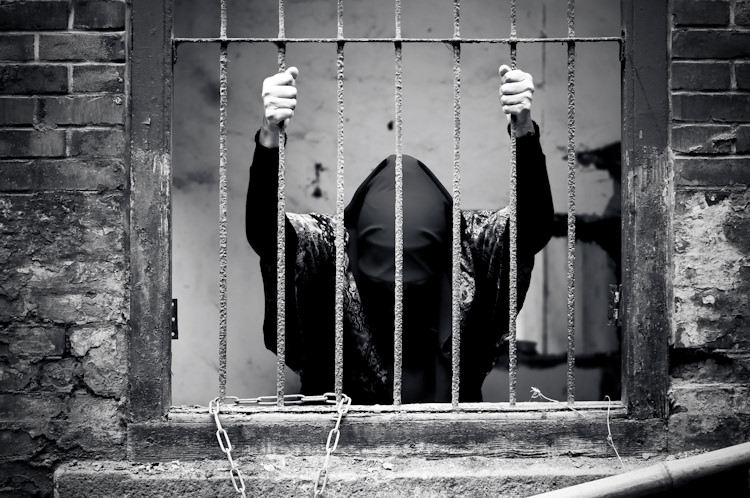Foreign Secretary Boris Johnson has reportedly urged his European Union counterparts to avoid pushing Turkey “into a corner” over calls to reintroduce capital punishment.
Here is a quick explainer on the death penalty, and why both the European Convention on Human Rights and European Union have taken a strong and clear position on it.
‘Stunned’
Following the failed coup against President Recep Erdogan earlier this year, support in Turkey for reintroducing the death penalty has grown. This has led many EU Member States to request that talks on Turkey joining the EU be suspended. Abolition of the death penalty is a precondition for joining the Union.
Mr Johnson’s comments reportedly ‘stunned’ the gathered EU ministers, who interpreted it as a willingness to ‘bend the rules’ for Turkey. The Foreign Office quickly affirmed Boris Johnson’s opposition to the death penalty.
Turkey wants to join the EU in future but it has long been a signatory to the European Convention on Human Rights, an international human rights treaty which prohibits its signatories using the death penalty. Here’s how it works.
The Right To Life

When Article 2 of the European Convention on Human Rights (ECHR) guaranteeing the right to life was drafted in the 1950s, it made an exception for the death penalty. However the European Court of Human Rights has now concluded that this exception to the right to life is closed. This followed, in part, the signing of Protocol 13 to the ECHR, where Member States, including Turkey, agreed to abolish the death penalty in all circumstances.
This means that capital punishment in any form is now a violation of the right to life.
The Death Penalty As Inhuman And Degrading Treatment

Article 3 of the ECHR prohibits torture and other forms of degrading treatment.
The Court has expressed concern about the so-called ‘death row phenomenon’. This describes the psychological stress experienced by people while they await execution – often for several years. It is now well established that this violates Article 3 of the ECHR. Read no. 12 of our top 50 cases here for a plain English story on how the UK court was not allowed to extradite a young man to the USA to face a murder charge for which he could be sentenced to death, if found guilty.
Cases have also arisen where people face cruel and unusual forms of execution. In Jabari v Turkey an Iranian national faced stoning in Iran after she fled to Turkey. The Court found that – due to the inhuman nature of stoning – Turkey would be in breach of its obligations under Article 3 of the ECHR if it forced her to return to her home country.
In a nutshell
So, just so everyone is clear: both the European Convention on Human Rights, to which Turkey has signed up, and the European Union, which it hopes to join, prohibit the death penalty.
Read more:
- Sign up to free human rights email updates
- Find out more about the position of the European Court of Human Rights on the death penalty
- Read our feature on the ‘death row phenomenon’
- Get updated on the attempted coup in Turkey and President Erdogan’s response
Boris Johnson Featured Image © Boris Johnson 2012 Campaign Team, used under Creative Commons Attribution-NoDerivs 2.0 Generic Licence. Recep Erdogan Featured Image © Presidencia de la República Mexicana, used under Creative Commons Attribution 2.0 Generic Licence. First image © Jaime Pérez, used under Creative Commons Attribution-NonCommercial 2.0 Generic Licence. Second image © theglobalpanorama, used under Creative Commons Attribution-ShareAlike 2.0 Generic Licence.







